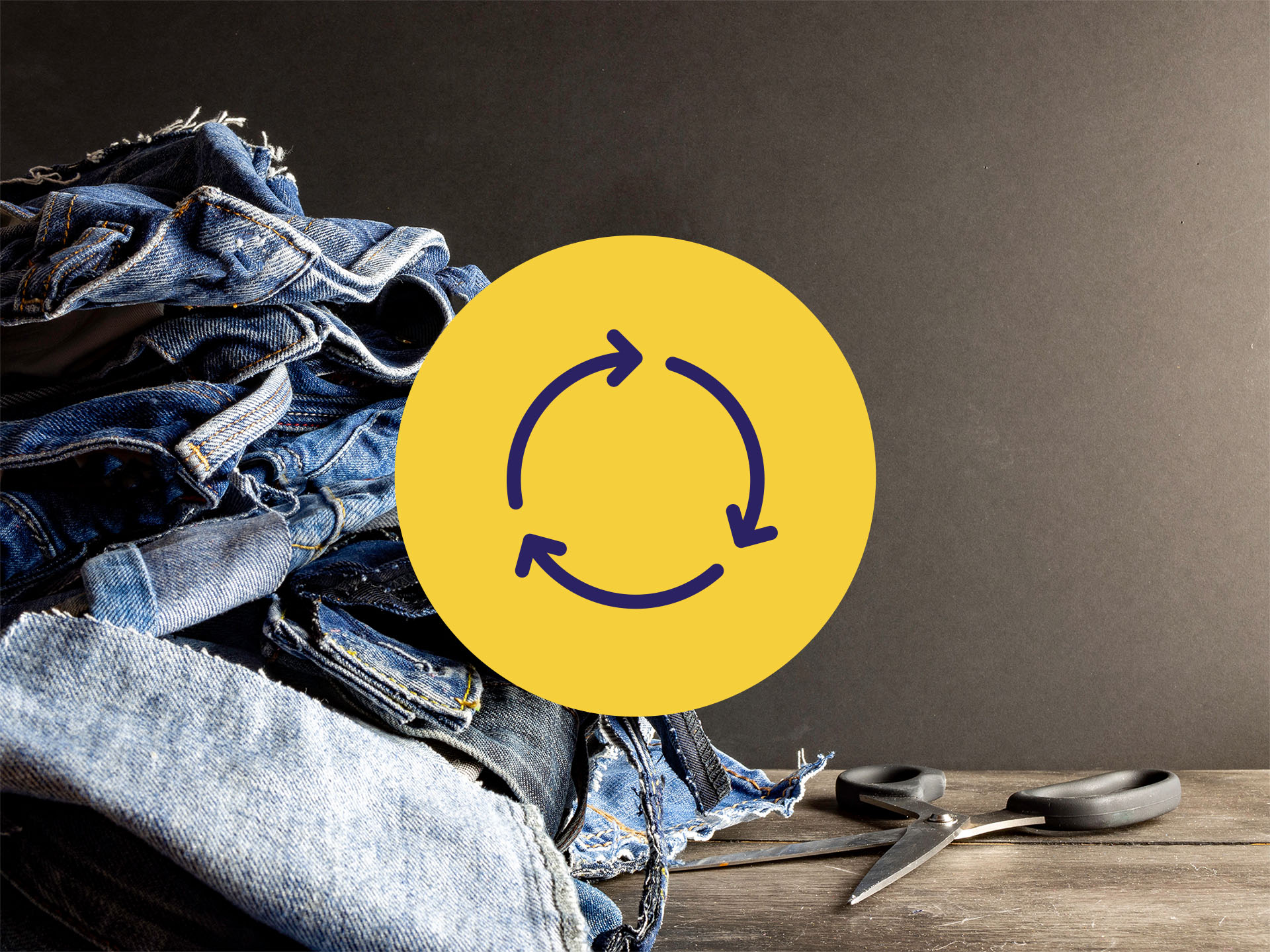
Global Recycling Day, March 18th, 2021.
Every year, the Earth yields billions of tons of natural resources and at some point, in the not too distant future, they will run dry. A big part of the problem, and one of the driving causes of climate change, is our inability as a global community to foster a reuse, repurpose, recycling culture.
This year, Global Recycling Day is geared to recognise the people, places and activities that showcase how the Seventh Resource and recycling contribute to an environmentally stable planet and a greener future for all. So that’s why for this year, the theme is centered around #RecyclingHeroes and the work that certain people, companies and organisations are doing to contribute to a greener future for all.
Studies show that landfill and deforestation are responsible for 25% of all greenhouse gases released into the atmosphere. Whilst emissions from the plastics industry could reach more than 2.75 billion tons per year. Why is this important? Well, the primary purposes of both the deforestation and plastic production industries are to create new resources. Imagine if we became better at reusing and repurposing the resources we already have, and the difference that this could make to the climate crisis?
Let’s use the fashion industry as an example. Globally, 1.2 billion tonnes of carbon emissions are produced annually. So, by doing something as simple as mending, reusing or upcycling garments we could save millions of tonnes of carbon from reaching the atmosphere. It’s key then, that the prevention of textile waste around the world, is an important part of changing the current course towards climate change.
What is textile waste?
Textile waste is a material that is deemed unusable for its original purpose by the owner. This type of waste can include fashion and textile industry waste, created during fibre, textile and clothing production, and consumer waste, created during consumer use and disposal.
This type of waste can be split into 2 further categories. Pre-consumer and Post-consumer textile waste. Pre-consumer textile waste is waste generated in the fashion supply chain before the textile reaches the consumer. Post-consumer textile waste is generated and collected after the consumer has used and disposed of it.
Why is it bad for the environment?
In terms of production, the fashion and textile industry is responsible for depleting non-renewable or ‘virgin’ resources whilst emitting massive quantities of greenhouse gases and using vast amounts of energy, chemicals and water. To make matters worse, popular synthetic fibres such as polyester, nylon and acrylic are microplastics produced with the aid of petroleum, meaning they may take up to a thousand years to biodegrade.
Currently, 57% of global textiles end up in landfill every year. In Australia, we’re seeing 800,000,000 kilograms of textile waste generated annually. When synthetic fabrics go to landfill, their composition means that they’ll take an exceptionally long time to break down, releasing approximately 3-4 times their mass in methane. Some are also subject to incineration, and pollution from this method of waste disposal is unfathomably high.
If we’re to continue on the current trajectory, the surface area of Australia will be covered by the year 2030, severely impacting the next generation. This is why it’s our mission to eradicate textile waste.
What we’re doing. And who were doing it with.
We’re on a journey to make textile recycling more convenient and accessible. Our Clothing Recycling Collection is a positive example of how the power of community can change the course of the planet. And we’re just getting started.
So, to celebrate Global Recycling Day, we’re making it even easier and affordable to recycle your old and unwanted clothing. We’re offering $5 off our Clothing Recycling Collection for one week only. Plus! You’ll still receive $25 Store Credit for your first collection.
But that’s not all we’re doing.
Our integrated Digital Textile Recycling service, UpCircle
Building on our mission of convenience and affordability, we’ve developed a fully integrated platform where like-minded brands can utilise our recycling technology to create a more sustainable future. By becoming an UpCircle partner, brands are able to reach their customers like never before, prompting them to recycle through a co branded platform in which they are offered store credit for participating, just like our collection service.
So, we thought that in addition to our $5 discount on clothing recycling collections, we’d bring our UpCircle partners to you. Choose from the list below to see what they are offering you in exchange for participating in the eradication of textile waste.
In no particular order, these are our #RecyclingHeroes. Click through to see how we’re offering you different rewards for your recycling collections.
Search
Latest Posts

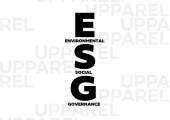
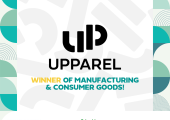
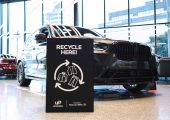

Ready to 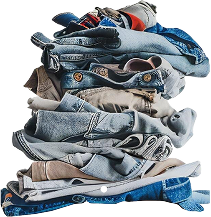 Recycle?
Recycle?
Join thousands of Australians making a difference, one textile at a time.
